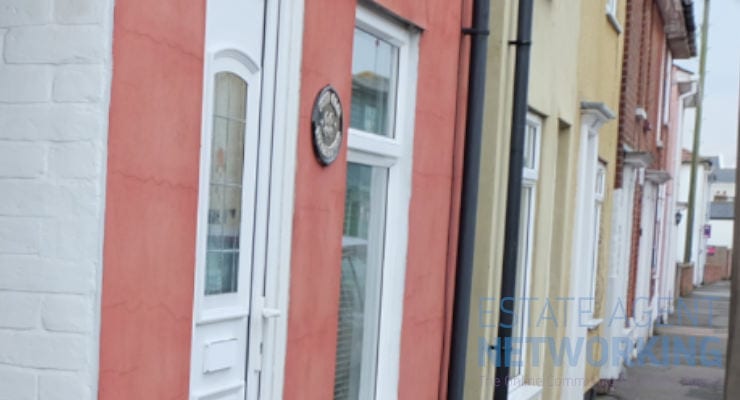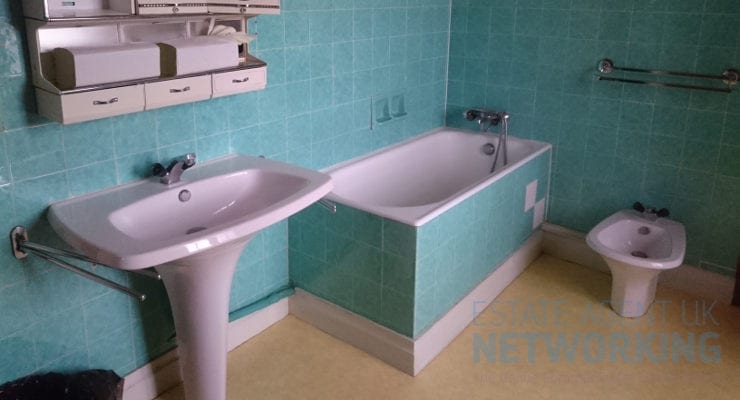Students pay a higher price to attend top universities.
– Latest research from Accommodationforstudents.com reveals average weekly student rent for 2015 is £82.09, up just £1.43 from 2014. Rents have risen consistently by an average of £1.67 each year since 2010
– Six of the UKs top universities (according to The Complete University Guide for 2016) are in the top ten most expensive cities for student accommodation
– Students in the London area (including periphery locations) pay almost twice as much (£122.01 per week) as students in Wales (£69.70 per week) and more than £30 per week more on average than students in any other region
– Students in the South pay on average 18% higher rent than those in the remainder of the country (£90.96 versus between £76.23 and £77.32)
– For the first time (since rental data became available in 2005) more than half of properties available to students offer at least some bills included with the rent
– The top three most expensive student locations are London, Cambridge and Kingston, the three cheapest are Wolverhampton, Stockton and Walsall
Accommodation for Students (accommodationforstudents.com), the UKs number one student accommodation website, today released its annual report on the cost of student accommodation. Student accommodation markets have generally remained stable, with a modest average rent increase of £1.43 from 2014 to £82.09. However, according to the average rents table, students attending six of the UK’s leading universities (Cambridge, Oxford, Imperial College London, London School of Economics, Exeter and University of Surrey) are likely to pay on average between £20 and £58 more per week than the national average.
Lancaster University was the only top ten ranked university (The Complete University Guide for 2016) where average rental value for student accommodation fell below the national average at £78 per week.
Regional disparities in rent values remain in place, as students in the North of England continue to pay much less (£14.73 less per week) than students in the South, whilst students in and around London pay considerably more on average (£122.01 per week) than the rest of the UK. Students in Wales pay the least, with an average weekly rent value of £69.09, followed by students in Scotland who pay an average of £72.81 per week.
London (£140), Cambridge (£124), Kingston (£115), Aberdeen (£109) and Guildford (£104) are the cities with the most expensive average rental values. Interestingly, despite being some of the most expensive places to live, London and Kingston do have some of the greatest average differences in rent between lowest and highest, ranging from £80 to £195 and £19 to £139 respectively. Guildford and Aberdeen have some of the least variation with an average difference of £39. Despite seeing its average rental value fall by £9 per week, Uxbridge is still in the top six most expensive locations, down from second place last year, and Oxford has climbed two places to seventh in 2015.
Plymouth, Exeter, Nottingham and Liverpool were recorded as having the greatest range in weekly rents, a difference of between £138 and £146 between the lowest and highest rents recorded in these cities. For example, the lowest recorded rent in Plymouth was £39 but the highest was £185.
Bolton (£62), Middlesbrough (£62), Wolverhampton (£62), Stockton (£49) and Walsall (£48) offer accommodation with the lowest average rent per week, none of which are home to universities in the top thirty of the 2016 league table.
Luton, Bangor and Derby have seen this year’s greatest increases, up on average 20% on 2014, all moving from offering accommodation at a rental cost below the national average to being on or above this year’s average.
The number of student properties offering a bills inclusive option was greater than the non-bills inclusive property sample for the first time recorded in 2015, continuing the upward trend in the availability of bills inclusive accommodation. The average additional cost in bills inclusive properties is £9-£13 per week.
Simon Thompson, Director of Accommodation for Students comments “It’s great to see that the overall market has remained stable over the last year, this is positive for both investor landlords and students. Unsurprisingly, the north/south divide in rent values remains apparent, just as in the private rented sector. Naturally rental increases in some areas will be governed by student demand, often determined by what courses are available, but it is interesting to see that there appears to be some correlation between the highest ranked universities and cost of student accommodation.
Bills inclusive rental options are increasingly prevalent which shows landlords are reacting to student needs. Anything which helps students to manage their finances is appealing and I think this trend will continue to grow over the next few years as the cost of attending university creeps up”








